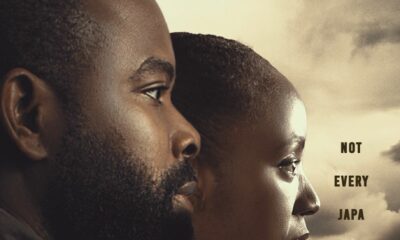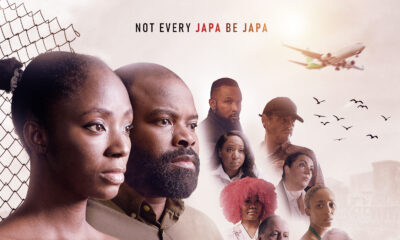Inspired
Meet Jennifer Mairo, the CEO Championing African Creators and Gender-Equitable Stories
Jennifer Mairo leads Joy, Inc. to champion African storytelling and gender-equitable narratives, empowering creatives across film, digital, and media sectors.
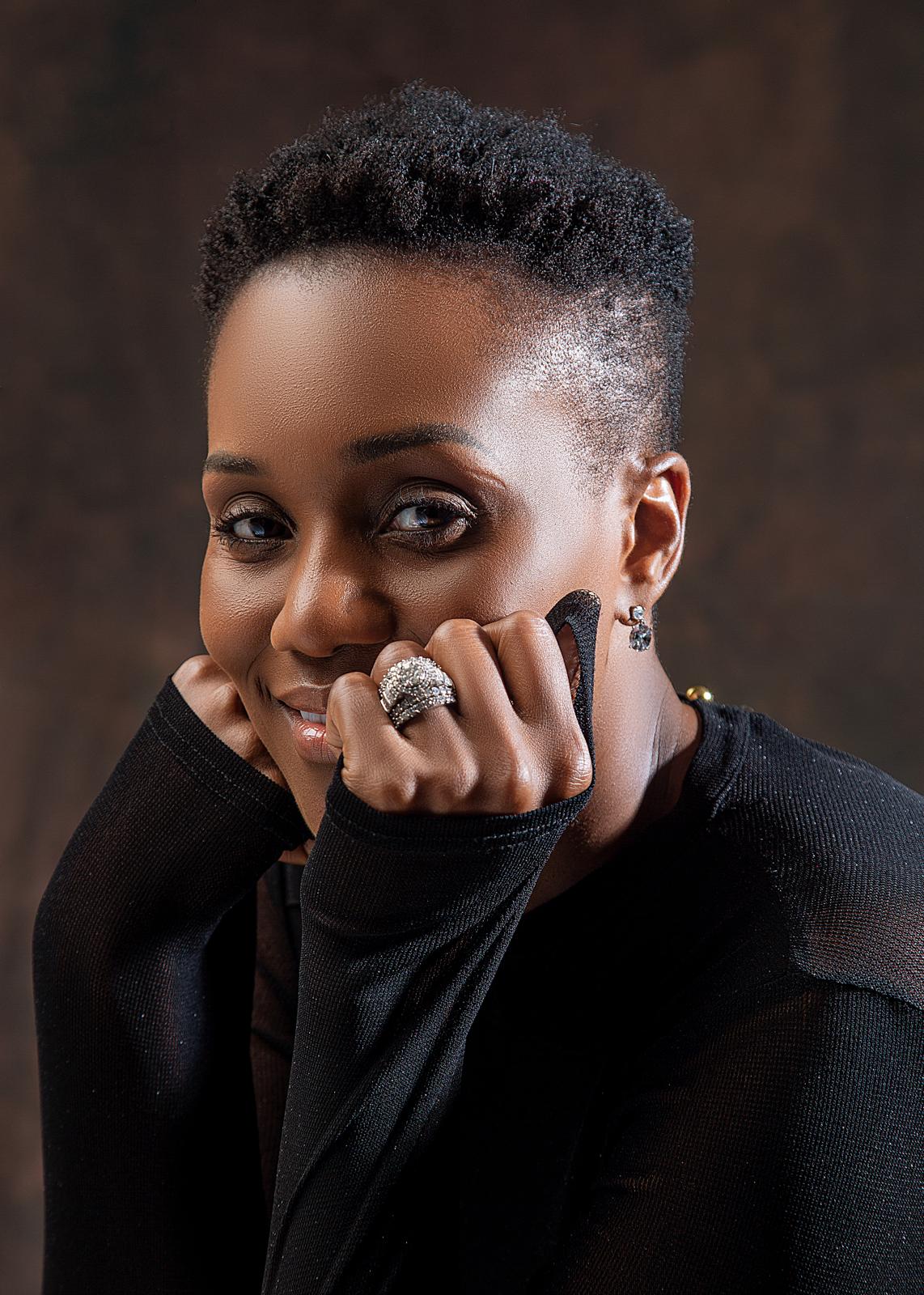
Jennifer Mairo runs the show at Joy, Inc., Africa’s hub for storytellers and creators. From mentoring emerging filmmakers to supporting digital content creators, she’s committed to giving African stories the platform they deserve. But her work goes beyond production, Jennifer is challenging outdated narratives around gender in leadership and proving that it’s possible to lead with both vision and empathy.
In this conversation, she opens up about her journey to becoming CEO, the lessons she’s learned from working with the 2025 Gender-Equitable Storytelling Champions, and how collaboration can reshape the creative ecosystem. She also shares the stories that continue to inspire her, the biases she’s confronting in African workplaces, and the people whose creativity and dedication keep her pushing for change.
Hi Jennifer, can you introduce yourself and share the work you do at Joy, Inc.?
My name is Jennifer Mairo, and I am the CEO of Joy, Inc. Africa’s media hub supporting the storytelling ecosystem and the creator economy through training, production, incubation, and acceleration. Our work spans documentaries, films, digital content, and partnerships with organisations like CcHub, the Gates Foundation, and MDIF.
We are committed to telling authentic African stories first to Africans and then the rest of the world and empowering young storytellers to do the same.
What stories about gender equality do you think are still missing in Africa’s business and social spaces, and in what ways does your organisation contribute to bringing those stories forward?
One story still missing is the bias that women cannot rise purely on merit. Even today, when a woman gets to the top, there’s an assumption that she must have been helped in some way, financially, socially, or otherwise. It creates unnecessary pressure, especially for women juggling work and family, who constantly feel the need to prove they deserve the roles they occupy.
At Joy, Inc. we challenge this by telling stories that show women succeeding because they are capable. We emphasise work, substance, and fairness, and we create spaces where women don’t have to shrink themselves to be taken seriously.
In your work, have you come across narratives that limit either women or men? How do you address, challenge, or reframe those narratives?
Yes, women in leadership are often expected to be strict or harsh, and men are expected to be tough even when they’re struggling. I intentionally lead differently.
I’m firm, but humane. My team knows that while we work hard, they can still come to me when life is happening. A leader doesn’t have to be feared to be respected. Whether male or female, we can lead with empathy and still deliver excellence. That’s the narrative I’m trying toshift within my space.
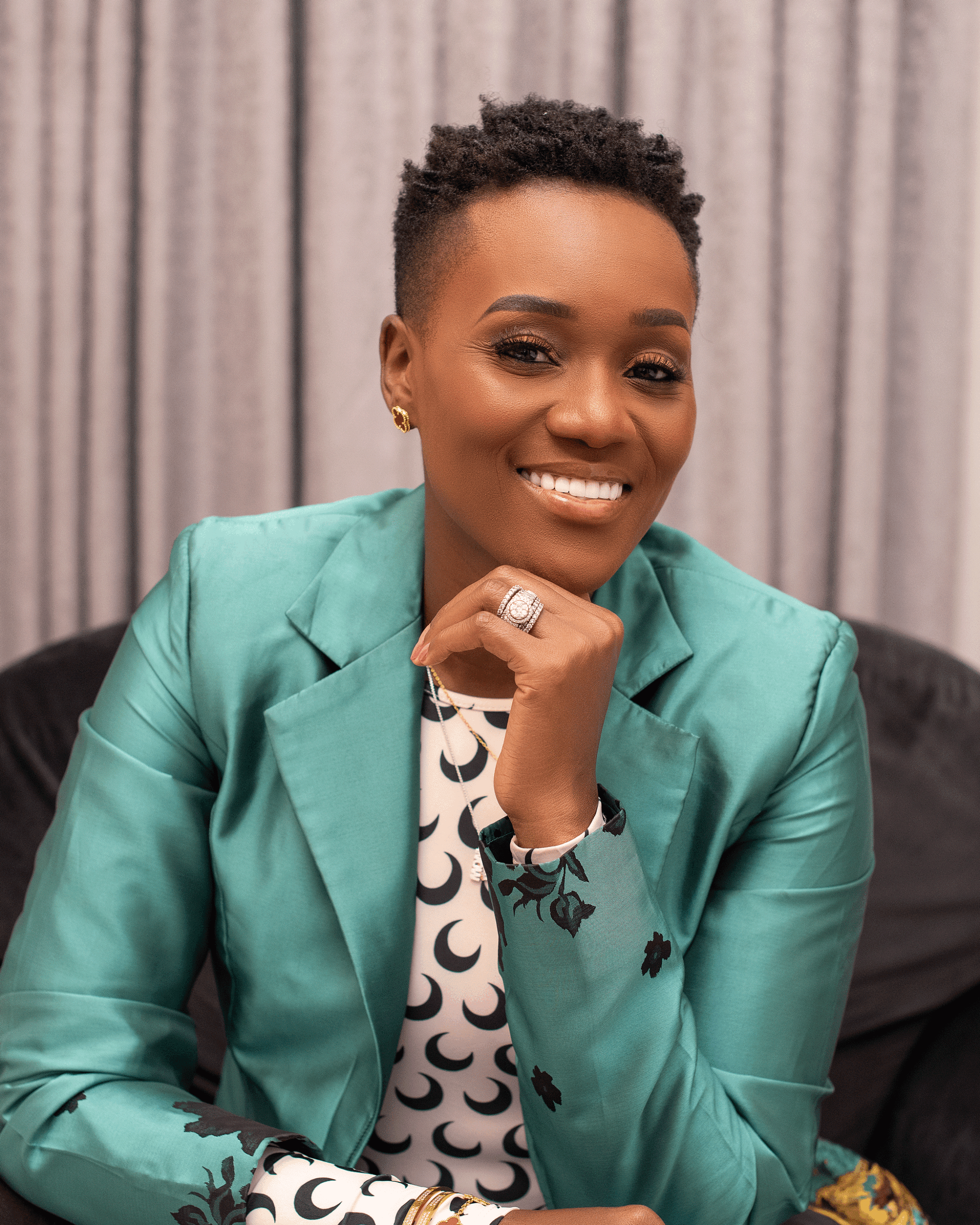
How can leaders today tell stories that genuinely amplify women’s voices without reducing them to tokens or symbolic figures?
By bringing women into the actual decision-making rooms. It’s not enough to feature women, you must include them in shaping policies that affect them, whether around maternity, flexibility, or workload.
Inclusivity is not just representation; it’s perspective. Who sits at the table? What experiences do they bring? Who are they advocating for?
At Joy, Inc., we try to live these values. We care about our people, we listen, and we’ve even institutionalised a weekly “Shutdown Day” to help the team decompress. People should be able to say, “My organisation sees me.” That is how the real stories are told.
Can you walk us through your experience working on this gender-equity storytelling project so far? What moments or insights have stood out for you personally?
It’s been incredibly insightful. The gender-equitable storytelling course we all took at the start helped us identify biases in both the stories we consume and the ones we create. Every creative should take that course.
Working closely with the CcHub team and the champions, especially during our time at the Tribeca Film Festival, helped us connect beyond work. Being surrounded by such intentional creatives felt like a privilege
How has collaborating with CCHub and the champions team shaped the impact of this project?
This project redefined collaboration for me. Working with Brenda, Ojoma Ochai, and our amazing liaison, Omolabake, was truly seamless. I feel like I gained new friends and future collaborators.The project also transformed how I work. I now see gender more consciously in every story we tell. Learning has helped me guide my team, influence other projects, and adopt new practices that push gender-equitable storytelling forward.
Stepping into this role as the new CEO of Joy, Inc., especially succeeding a male predecessor, what has that transition meant for you? And how has gender shown up in your leadership journey so far?
The transition was smooth because Chude Jideonwo built Joy, Inc. on merit, care, and fairness. With about 85% of our team being women, the company has always created room for capability, not bias.
I’ve always been encouraged to speak up, debate, and push back when necessary. Nothing about leadership here feels gendered. Stepping into this role feels natural, and I’m excited to continue the meaningful, impact-driven work we do.
The Champions have been an essential part of this movement. What has your experience been working with them, and how have they contributed to the heart of this project?
The Champions are incredibly talented. Many of them were already telling gender-equitable stories without naming it as such. Watching films together at Tribeca and returning to debate our interpretations was powerful. I’ve learned from them, and I’ve also gained friends.
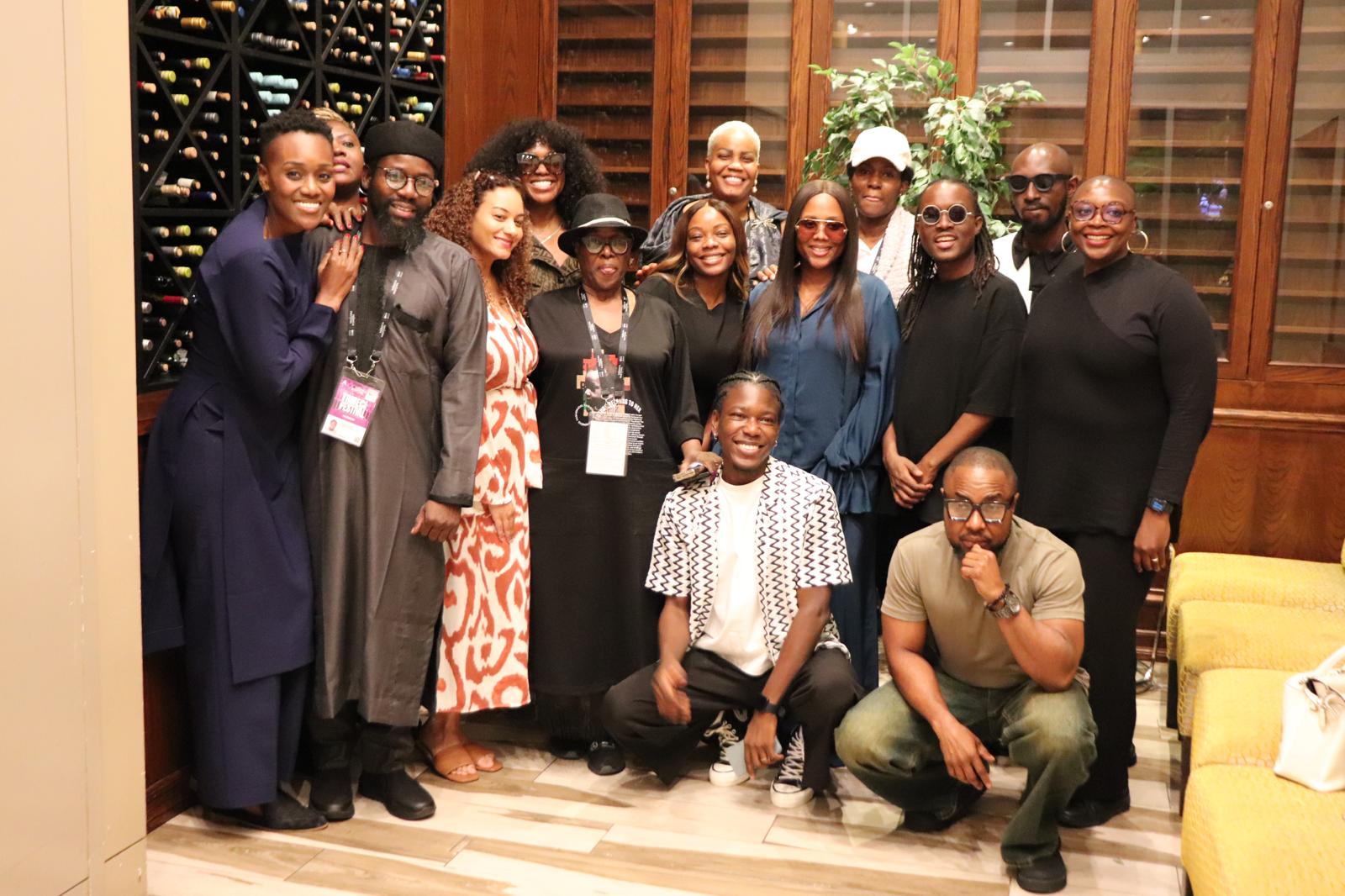
And finally, on a lighter note, among all the Champions you’ve met or worked with, who has made the strongest impression on you, and why?
Everyone has left an impression. But Jason Abaga stands out, he’s intentional, gentle, and deeply artistic. Jola Ayeye impressed me with her articulate, educator-like precision during our debates.
I’m also drawn to Daniel Ochuko, whose content challenges traditional expectations about men in the kitchen. And Tola Olatunji, a thoughtful director who consistently centers women in his storytelling, inspires me with his quiet but firm presence.




